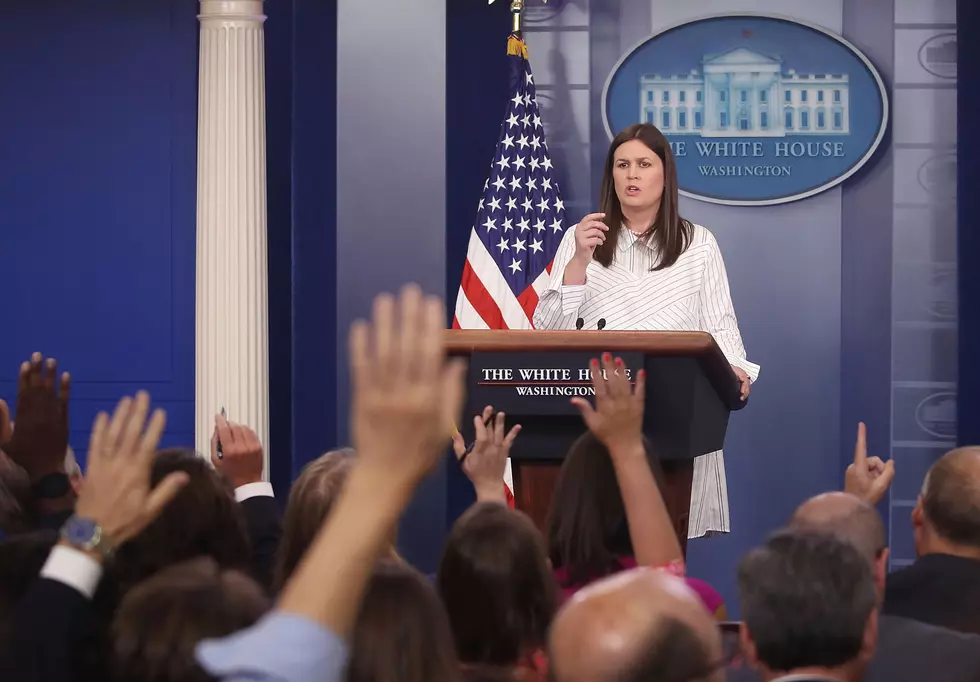
Venice Mayor Arrested in Corruption Scandal
VENICE, Italy (AP) -- Venice's mayor and more than 30 other people were arrested Wednesday in a sweeping corruption scandal in which politicians are accused of financing election campaigns with some 25 million euros ($34 million) in bribes from the consortium building underwater barriers to protect the lagoon city from flooding.
One of a series of bribery probes into major public works projects in Italy, the web of alleged bribery revealed in Venice has many of the same characteristics as Italy's "Kickback City" scandal of 20 years ago that toppled an entire political class.
"There are even some of the same players," prosecutor Carlo Nordio, who was involved in the 1990s investigations, told a news conference. "This system, however, is much more sophisticated and much more difficult to discover."
The head of the consortium building the so-called Moses barriers was placed under house arrest last year in an earlier phase of the investigation. He along with others created a 25 million euro slush fund abroad that was used to bribe politicians, who then used the money for election campaigns as well as personal gain, Nordio said.
The illicit funding was at the city, regional and national level, prosecutors said.
Mayor Giorgio Orsoni was placed under house arrest, accused of illegally financing political parties, prosecutors said. The more than 30 others were accused of illicit party financing, corruption and fiscal fraud, among other charges.
Orsoni's lawyer released a statement denying wrongdoing.
Two others, including former Agriculture Minister Giancarlo Galan, are lawmakers and procedure requires a parliamentary vote before they can be arrested.
The slush fund was created through a system of overbilling, often for nonexistent services, ultimately paid for by taxpayers who are funding the construction of the ambitious and long-delayed system of barriers.
"It is doubly serious because in the end it was citizens who paid the bribes," Nordio said.
The cost of the Moses project, now running at 5 billion euros, has run well above initial estimates. But Nordio said the investigation would have no impact on construction, 80 percent of which is now completed. The project was launched with great fanfare more than a decade ago, and the first barrier was installed only last summer.
Current plans call for it to be operational by 2016.
The arrests marked the most high-profile of a spate of unrelated corruption investigations, mostly involving bribery or embezzlement accusations, that have implicated public officials and former high-ranking government ministers. They have revolved around some of the biggest Italian public works projects, including the Milan world's fair, Expo 2015, and an Italian-funded water project in Iraq.
While these recent cases have involved individuals allegedly enriching themselves, the Venice investigation allegedly involves the illicit financing of political parties, drawing immediate comparisons to the "Clean Hands" anti-corruption investigations of the 1990s. Those probes uncovered systematic kickbacks from businessmen to Italian politicians and other public officials.
Wednesday's arrests put more pressure on Premier Matteo Renzi to take action, after his appointment of an anti-corruption czar earlier this year. Over the weekend, the European Commission flagged the deep-rooted problem of corruption as an issue hampering investment and economic renewal in Italy, which ranked 69th in Transparency International's perceived level of public sector corruption last year - behind Montenegro and just ahead of Kuwait.
Named after the biblical figure who parted the Red Sea, the Moses barriers are designed to be raised to prevent flooding of Venice's architectural treasures, including St. Mark's Square, during frequent high tides.
© 2014 The Associated Press. All rights reserved. This material may not be published, broadcast, rewritten or redistributed. Learn more about our Privacy Policy and Terms of Use.
More From New Jersey 101.5 FM









